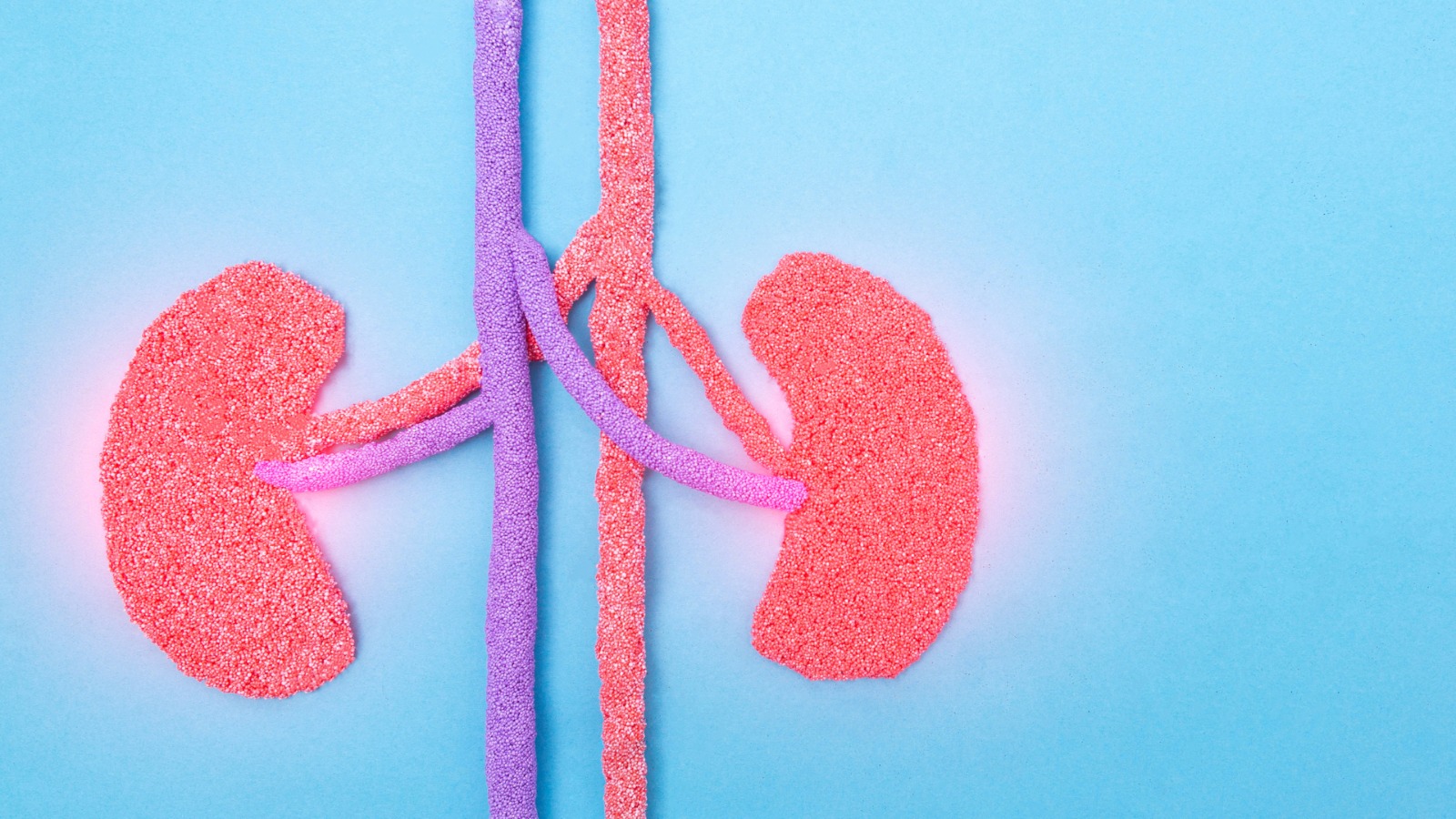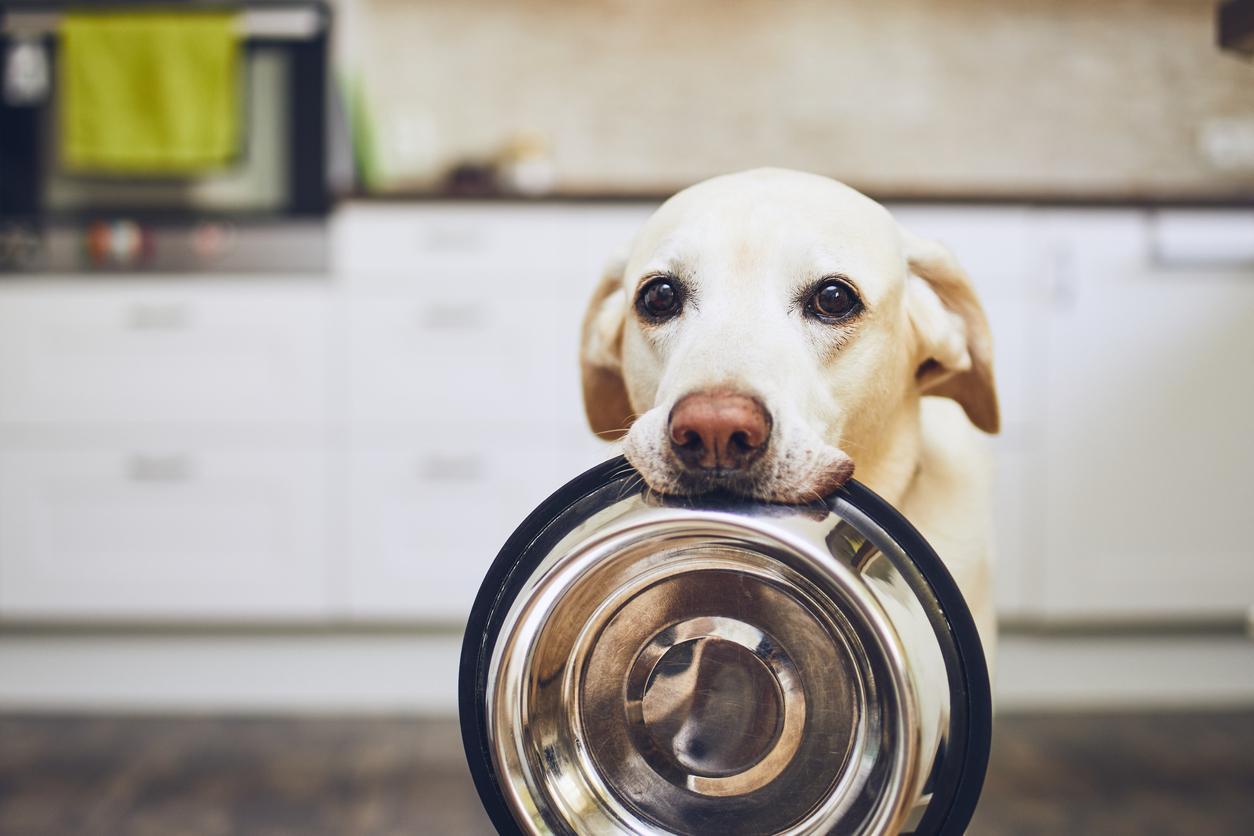There are two branches of science that help us understand both ours and our pet’s bodies. Anatomy is the science of body structures and the relationships amongst them. We learned about anatomy through dissection – we carefully cut up body structures to see what they looked like and the relationship they had with those around them. Physiology is the science of body functions -in short how those body parts and structures work. Both branches have sub-branches, for example we may be interested in pathological anatomy – the structural changes associated with disease. In this blog, we are going to take a look at renal physiology – in short, the function of the kidneys.
The Urinary System
The kidneys form part of the urinary system and overall, this system consists of:
- Two kidneys
- Two ureters
- One urinary bladder
- One urethra
As body cells carry out metabolic activities they consume oxygen and nutrients. During this process, waste products are made. These waste products must be eliminated from the body because if they are left to accumulate, they can become toxic.
Just like the respiratory system eliminates carbon dioxide, the urinary system picks up these waste products. But this is not the only function of the urinary system.
Functions of the Kidneys
Excretion of wastes:
By forming urine, the kidneys help excrete waste from the body. Some of these are a result of metabolic processes, like urea and ammonia, which is as a result of the deamination of amino acids, but it also includes creatinine which is a result of breaking down creatine phosphate. Finally, it includes uric acid from the catabolism of nucleic acids. These compounds are all known as nitrogenous wastes as they are wastes that contain nitrogen. The remainder of wastes are foreign substances that have entered the body, like medications and environmental toxins. This is why we look at kidney health when considering the toxins our dogs must break down.
Does My Pet Need to Detox?
Regulation of blood composition:
The kidneys help regulate the blood levels of several ions including sodium, potassium, calcium, chloride, and phosphate. This is achieved by controlling the excretion of said ions into urine.
Why Does My Dog Need Minerals?
Regulation of blood pH:
The kidneys excrete a variable amount of hydrogen ions into the urine and conserve bicarbonate ions which are an important buffer of hydrogen in the blood. Both of these activities help regulate blood pH.
Regulation of blood volume:
The kidneys adjust blood volume by conserving or eliminating water in the urine. An increase in blood volume increases blood pressure and a decrease in blood volume decreases blood pressure.
Regulation of blood pressure:
The kidneys secrete the enzyme renin which activates the renin-angiotensin-aldosterone pathway. Increased renin increases blood pressure.
Production of hormones:
The kidneys produce two hormones, calcitriol helps regulate calcium homeostasis and erythropoietin stimulates the production of red blood cells.
Regulation of blood glucose level:
Like the liver, the kidneys can use certain amino acids like glutamine in gluconeogenesis, which is the production of new glucose molecules. They can then release glucose into the blood to help maintain a normal blood glucose level.
The Contributions of The Urinary System for All Body Systems
Skeletal System
The kidneys help adjust levels of blood calcium and phosphates needed for building extracellular bone matrix.
Nutrition for Bone and Joint Health
Muscular System
The kidneys help adjust calcium levels for contraction of muscle.
Nervous System
Through the process of gluconeogenesis, the kidneys provide glucose for ATP production in neurons, especially during fasting or starvation.
Endocrine System
The kidneys participate in the synthesis of calcitriol, the active form of Vitamin D. They also release erythropoietin which is the hormone that stimulates the production of red blood cells.
Cardiovascular System
As noted previously, the kidneys play a key role in the regulation of blood volume, pressure, and composition.
Lymphatic System and Immune Function
By increasing or decreasing their reabsorption of water filtered from blood, kidneys help adjust volume of interstitial fluid and lymph. Urine also flushes microbes out of the urethra.
Respiratory System
The kidneys and lungs cooperate by adjusting pH of body fluids.
When Should I be Worried About My Dog Panting?
Digestive System
As we have mentioned, the kidneys synthesise calcitriol which is the active form of vitamin D. This is necessary for the absorption of dietary calcium.
Ageing and the Urinary System
With ageing, kidneys do shrink in size; they have decreased blood flow and filter less blood. These age-related changes seem to be linked to a reduction in blood supply to the kidneys for example, with age, blood vessels such as the glomeruli become damaged or decrease in number. There is also a natural decrease in thirst drive with age which brings the added risk of dehydration. Urinary bladder changes include a reduction in size and capacity, along with a weakening of the muscles. This is why urinary tract infections, increased frequency of urination and urinary retention or incontinence becomes an issue with age.
It would be easy to conclude that the kidneys main job is to excrete waste, but as you can see, the kidneys contribute to many other body system functions. In addition, they are not the only tissues, organs or systems that handle body wastes.
Waste Handling Systems
Blood
The bloodstream provides a pick-up and delivery service for the transport of wastes, we can think of the bloodstream as our bin wagons.
Liver
The liver is the primary site for metabolic recycling. The liver rearranges amino acids into other proteins, and also converts them into glucose. The liver also converts toxic substances into less toxic ones.
Lungs
With each exhalation, the lungs excrete carbon dioxide, along with heat and a little water vapour.
Gastrointestinal Tract
Through defecation the gastrointestinal tract excretes waste, whether it is undigested foods or metabolic waste products.
The kidneys play a number of roles in health, and therefore disease. If you would like to learn more about kidney function and some of our top tips to support their health, check out the following blogs:
Kidney Disease and Natural Nutrition for Your Pet
Top Nutrients for Kidney Health
Natural UT Health for Pets
Kidney Disease in Cats
If you would like any support with your pet’s health, check out our services to see how we can help.
Thanks for reading,
MPN Team







